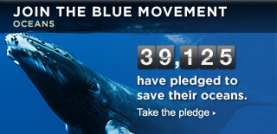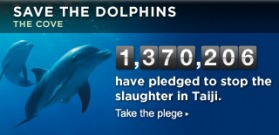"I am highly against the killings because of my affinity for oceanic creatures. I've ridden waves with countless dolphins and they are such graceful and peaceful mammals. We don't know the levels of intelligence and communications they have, we're only scratching the surface on it. I could not imagine killing something like that. "As someone who spends the majority of his time ripping perfect waves across the planet, Kelly is certainly no stranger to interacting with people's of various cultural traditions. However he makes no qualms about condemning Japan's diluted justifications for the annual dolphin slaughter and illegal commercial whaling activities, to which he refers as "a ridiculous practice and tradition." He states:
"When you travel the world year 'round, you come in contact with many different cultures. You start to realize that people do things you never thought possible or necessary yet somehow make sense to them for either traditional reasons or social pressures. They are not needed as food, are potentially very unhealthy due to mercury levels, and at this point we have traversed the knowledge necessary for 'scientific purposes' of killing them.""Surfers Paddle Out", 2007 photo: Surfers for Cetaceans
As part of the surfing crew that took part in the paddle out ceremony led by Dave Rastovich and Surfers for Cetaceans in 2007 that would later become a scene in the recent Academy Award winning documentary film, The Cove, I was impressed by Kelly's support of his fellow surfer's mission after lending him a copy of the film early last year. "I think it's great. Rasta's brought awareness and visibility to a lot of people around the world. The issues have been raised and can't be ignored now even more so," he told me in a follow up e-mail correspondence and even mentioned the possibility of traveling to Taiji himself to oppose the annual atrocity.
Unfortunately, there is no time like the present. Earlier today, reports began flooding in from the front lines that the infamous killing coves once again shamefully ran red with cetacean blood. Up until now this year's hunting season has been substantially less active than years past, largely in part due to the collaboration of activist groups on the ground to defend the 'homeland' and from the recent outpouring of media support in Tokyo. However the fisherman of Taiji once again turned this otherwise serene coastal village into a disgraceful butcher shop as they resumed business as usual while the concerned eyes of the world continue to watch on in sheer horror and disbelief. Adds Slater:
"I don't understand the need for it or the idea behind it but I do know that when the cameras are on these 'fishermen' they are not proud of the 'job' they're doing and don't want any of it to be made public. There is an inhumanity to this, as there is to war, but there is a conscience in every one of those guys who is doing it."Australian actress and passionate dolphin and whale defender Isabel Lucas, who was also part of our 2007 surfing ceremony to honor the thousands of lives lost throughout the decades and help expose this critical issue quickly chimed in when she learned of the recent reports of this year's bloodbath. She writes:
It is heartbreaking to realize that the Taiji dolphin kills are still happening as we speak. Hundreds of Dolphin and whale families are being exterminated in the name of an outdated tradition and human greed. What is even harder to comprehend is that the meat is filled with heavy metal toxins and mercury poison, and is completely unfit for human consumption. We need to band together as caring human beings to end the slaughter, and protect humans from poisoned meat. I urge everyone to put pressure on the Japanese government to end this practise, and to support direct action groups such as Sea Shepherd and Save Japan Dolphins. According to Sea Shepherd Conservation Society Founder, Paul Watson, "The sea teaches us so much and it is the responsibility of surfers to communicate these teachings to humanity." In a previous interview conducted for Surfer Magazine, he further encouraged surfers to take a more active role in the protection of the world's oceans and all the marine life that reside within. He eloquently states:
"Listen to the ocean, listen to the whispers in the waves and surf where your heart leads you, let the ocean speak through you and do everything within your power to protect her majesty the sea from the ignorance and arrogance of humanity. Kelly has said that the ocean has spoken to him as it has spoken to me and many others. He understands what it means to be a moanahepara -- a shepherd of the sea."Captain Paul Waton and Kelly Slater at Australian Quicksilver Pro, 2007. photo: Deborah Bassett
Slater, a long time supporter of Sea Shepherd further adds:
"I believe the dolphin killings are a chance for everyone to sit back and become aware of what impact their lives have on the world around them. I hope for change in a lot of things happening in my own life and in the world around me and this one is at the top. Hopefully, with enough visibility and education to the people involved, there can be a complete stop to this ridiculous practice/tradition."WHAT YOU CAN DOJoin the October 14th Annual Save Japan Dolphins demonstration in a town near you.
Sign the petition at Take Part. 2 million people and growing strong. Watch the celebrity PSA here.
Join the Visual Petition, an ongoing action campaign from Surfers for Cetaceans and Minds in the Waterwith over 10,000 participants including Kelly Slater and numerous other surfers and celebrity activists and concerned citizens from around the world.
Check the Sea Shepherd website for up to date information from the "Cove Guardians" on the daily happenings in Taiji.
Watch The Cove. Spread the word. Pass it On.
Call and write your local Japanese Embassy to voice your concerns on the issues.
Photo Courtesy: Noah Schutz
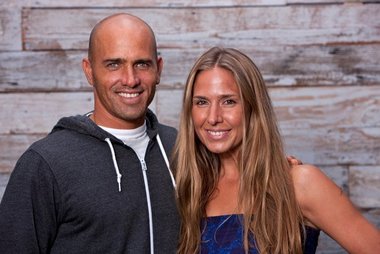
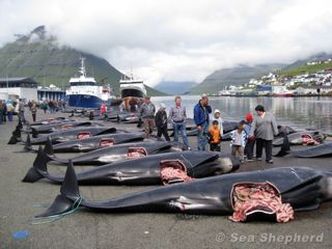
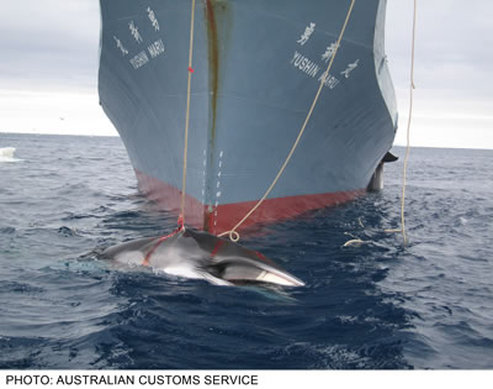
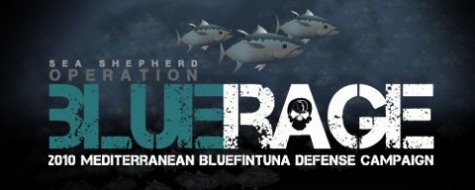
 RSS Feed
RSS Feed














